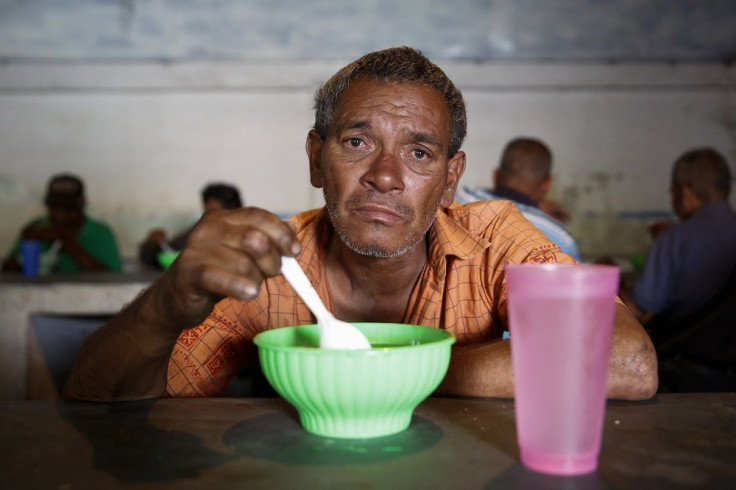Italian Supreme Court rules hungry people should not be penalised if they steal small amounts of food

In an unexpected show of compassion, the Italian Supreme Court of Cassation redefined on Monday the meaning of petty theft when it comes to hungry people. The court said in a landmark ruling that a hungry man who stole a small amount of food should not be punished.
With the decision, Ukrainian national Roman Ostriakov got the ruling of a lower court that fined the homeless man in Genoa $115 (AUD$153) and sentenced him to six months in jail reversed. Ostriakov stole in 2011 cheese and sausage valued at less than $5 (AUD$6.67), reports The Wall Street Journal.
The court explains, “The condition of the accused and the circumstance in which he obtained the merchandise show that he had taken the little amount of food he needed to overcome his immediate and essential requirement for nourishment.” The court stresses, “People should not be punished if, forced by need, they steal small quantities of food in order to meet the basic requirement of feeding themselves.”
Ostriakov got more than what he sought, which is to reduce the sentence to attempted theft from the original charge of theft because he was caught before he could leave the store. He hid two pieces of cheese and a packet of sausages in his pocket but paid for breadsticks. However, another shopper at the Genoa supermarket noticed the theft and reported it to the store security, BBC reports.
The decision got the thumbs up from Italian daily La Stampa which wrote the ruling is reminder that in a civilized nation “no one should be allowed to die of hunger.” The decision is timely as the ranks of the poor in Italy, according to statistics, grows by 615 people every day.
The court ruling, although applicable in Italy only, should be an eye opener to different courts around the world as hunger continues to grip countries. Latest statistics from the World Food Programme said about 795 million people, or one in nine people, on Earth are hungry. Majority of these hungry people live in developing countries where almost 13 percent of the population are undernourished.
It seems western nations and companies are leading the way in addressing the problem of hunger in a humane way. In 2015, France banned the destruction of unsold grocery food which must be donated to charity or farms. In March, Starbucks announced it would donate all unsold meals to food banks in all its US locations.





















